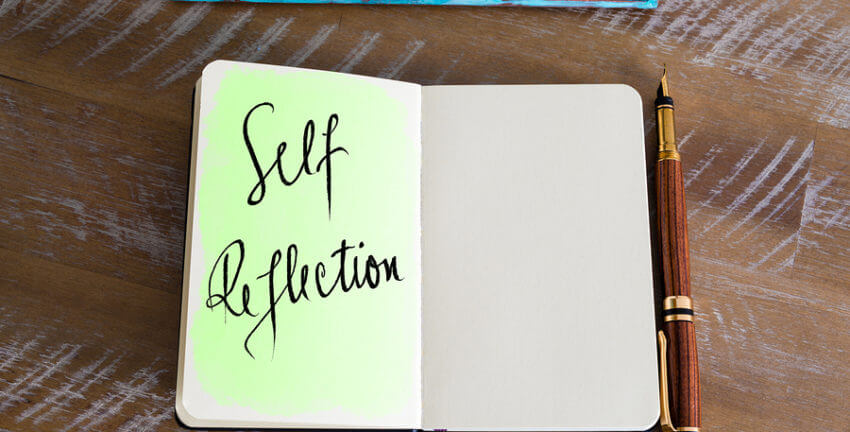The BALM Blog
See all postsCould your relationships be there to help you to grow?

Being in relationship with a person struggling with a use disorder poses unique challenges.
Often, those who love a person with a use disorder want them to stop: stop using, stop drinking, stop gambling, stop sexting, stop, stop, stop.
And who can blame them? After all, the substances they are using could kill them; the behaviors could leave them broke or alone. Why don’t they just stop?
But is that really the only question?
What if a different question worth asking is: why doesn’t the friend or relative of the struggling loved one take a deep breath and stop themselves. Stop yelling, begging, berating. Stop denying, covering up the problem, enabling.
Loving a person whose life is wrapped around a substance or behavior can pull you into a web of behaviors yourself that take the focus off of the love, off of the connection, off of the moment, and into a mode of panic and despair that can seem like an endless vortex.
But, what if that very relationship with your loved one is there to give you, the family member, the opportunity to drop judgment, drop anger, drop frustration and drop despair. and connect with your loved one honestly and with love.
What if that relationship is there to help you see your own inner addiction to changing other people so you can learn a new way.
Could it be that the thing you most want to change in them is something lying dormant in you? Perhaps your loved one is struggling with a substance use disorder and you struggle with a food use disorder. Maybe your loved one struggles with alcohol and you struggle with control. Or what if your loved one can’t stop gambling and you can’t stop spending?
There is nothing wrong with caring about your loved one’s use disorder and wanting to help them.
It’s just that when the caring turns into obsession with the other and a lack of self awareness, it may be time to take a deep breath and look within.
In Principle 4, we say “You Can Be Your Loved One’s BEST Chance at Recovery.” This is about learning new ways of interacting with your loved one: getting out of denial, stopping enabling, understanding the importance of boundary setting, and learning to Be A Loving Mirror with your loved one. It is also about the importance of learning to Be A Loving Mirror to yourself.
As we learn to be honest about what is going on around us, we are given the opportunity to also learn to be honest about what is going on within us.
Principle Four introduces the idea that while’Denial is the Glue of the Use Disordered Family System,’ awareness can melt the glue and lead to recovery.
And that journey, from denial to awareness, is one our relationships can open us up to, if we are willing.
Be A Loving Mirror everyone!
Love,
Bev
If you would like to learn more about the BALM Comprehensive Family Recovery Education Program CLICK HERE
or call 1-888-998-BALM (2256) option 3

